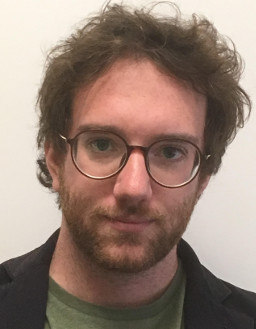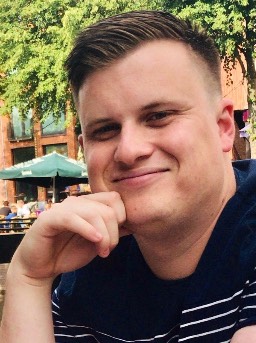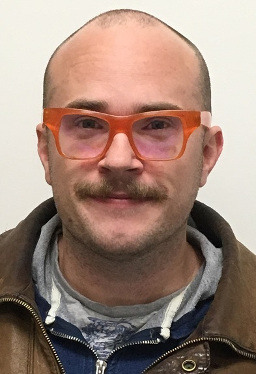
Marco Forgione
My main interests are in the history and philosophy of physics. More specifically, my dissertation focused on the path integral formulation of quantum mechanics, Feynman diagrams, and the history of modern quantum field theories. I am currently working on philosophical aspects of quantum gravity, investigating the problem of verification for theories without spacetime in their ontology and characterizing geometrogenesis as a physical process.AOS: Philosophy of Physics, History and Philosophy of ScienceAOC: General Philosophy of Science, Logic, EthicsDissertation: History and Philosophy of Feynman's Electrodynamics: from the Absorber Theory of Radiation to Feynman Diagrams (Supervisor: Michael Stölzner)Publications:"Feynman’s Space-time View in Quantum Electrodynamics." Studies in History and Philosophy of Modern Physics, 93, 136-148 (2022)"The Philosophical Underpinning of the Absorber Theory of Radiation." Studies in History and Philosophy of Modern Physics, 72, 91-106 (2020)"Path Integrals and Holism." Foundations of Physics, 50(8), 799-827 (2020)Marc Lange, Because Without Cause (Book Review), Journal for General Philosophy of Science (2018)


